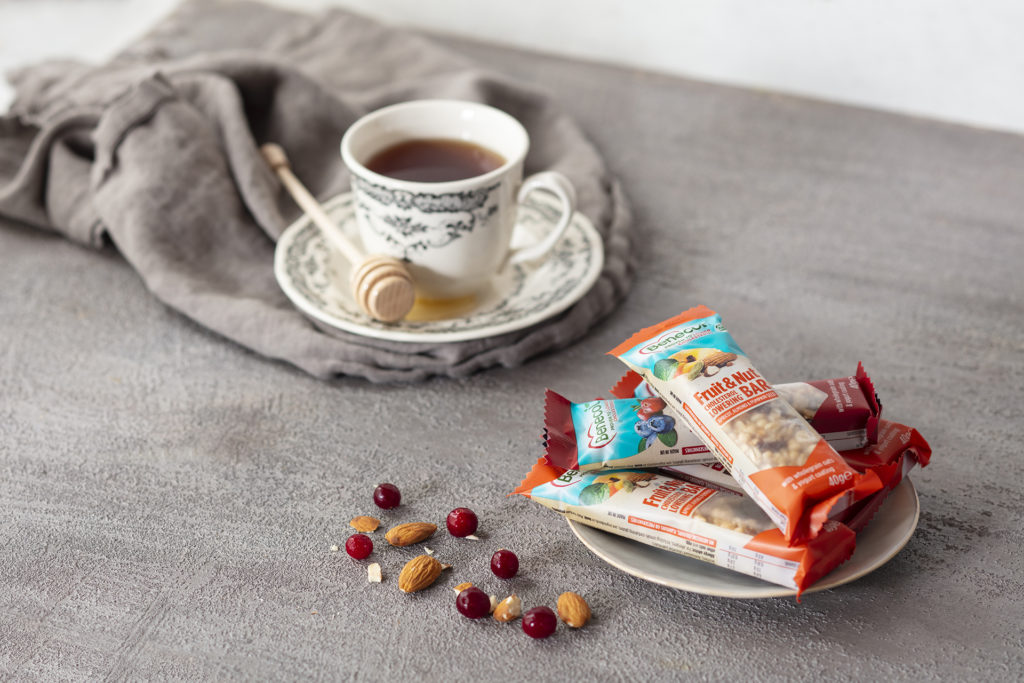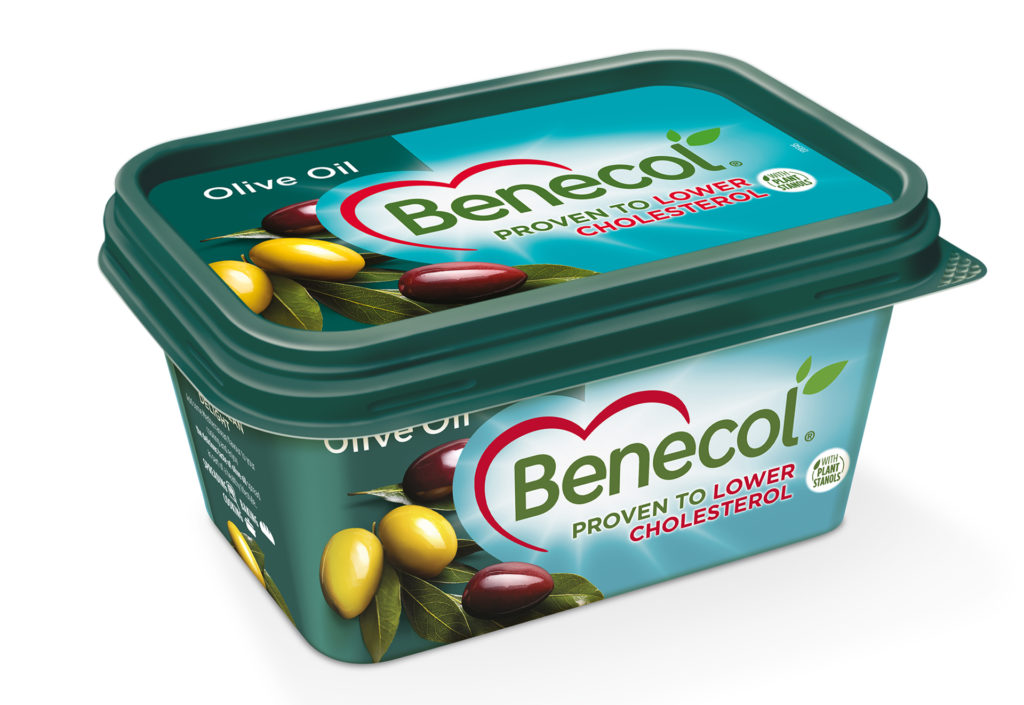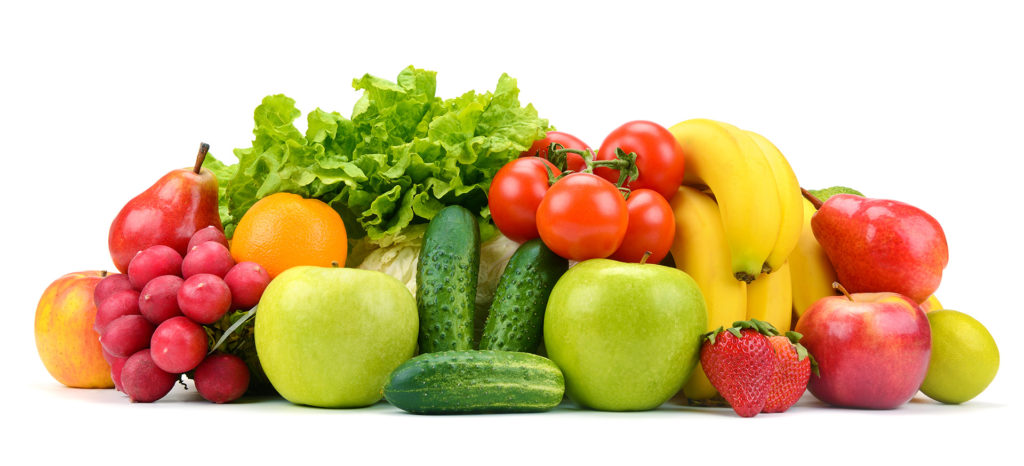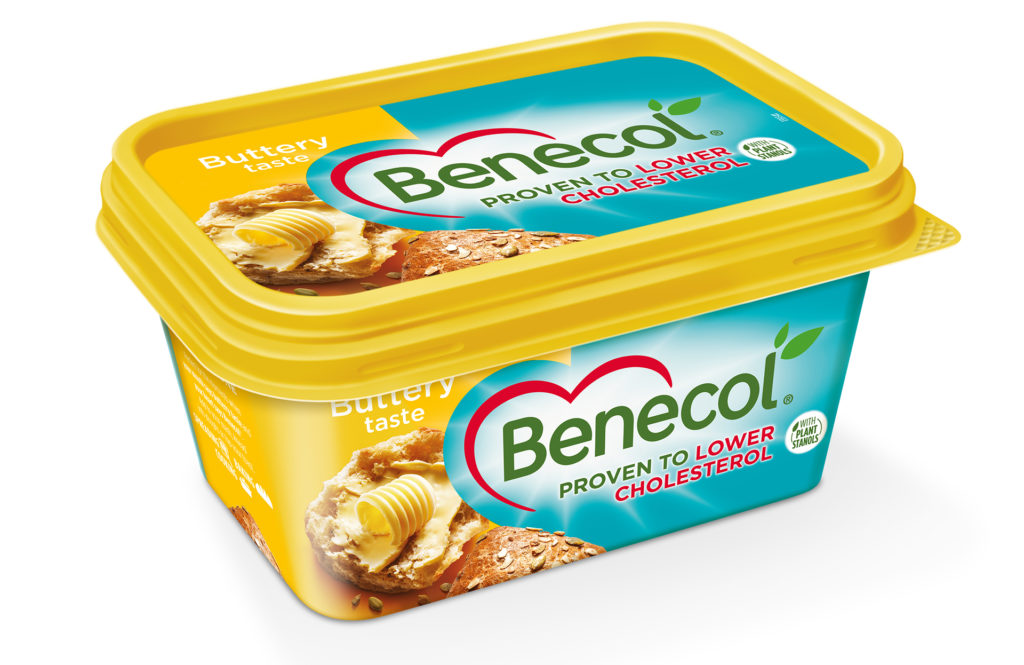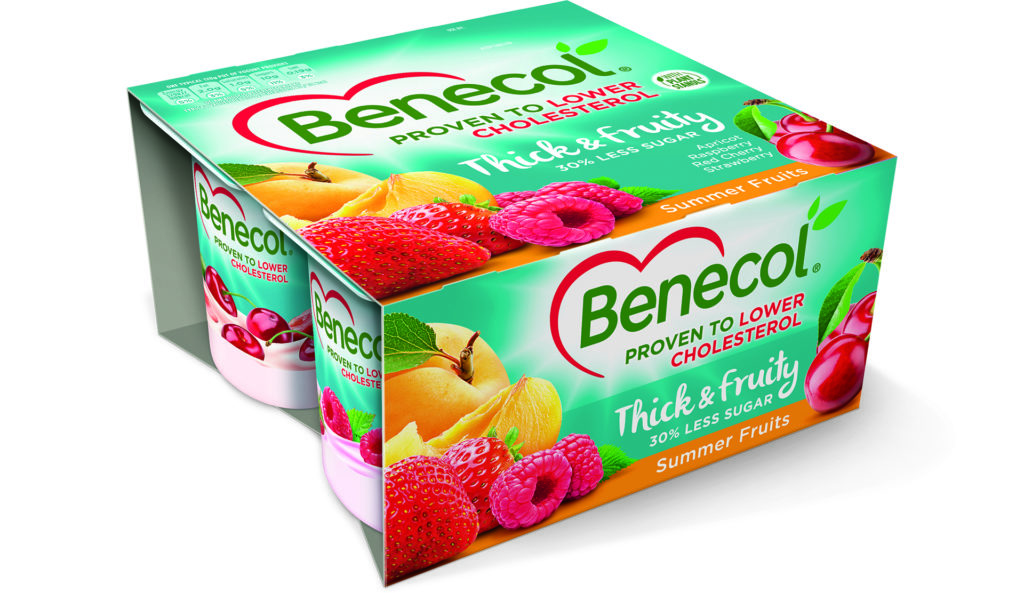6 Ways To Lower Your Cholesterol

High cholesterol affects around half of adults in the UK and can increase your risk of developing a number of health complications, including stroke, heart disease and narrowing of the arteries.
Cholesterol is a waxy substance found naturally in the blood. It is mainly produced in the liver, and we also get cholesterol from some of the foods we eat, such as red meat, high-fat cheese, butter and eggs. Cholesterol is essential for maintaining good health and only becomes a problem when the level in the blood is too high.
Cholesterol is transported around the blood in ‘vehicles’ called lipoproteins. There are two types of lipoproteins:
- LDL (low density lipoprotein)is the ‘bad’ type of cholesterol. If there is too much LDL cholesterol in the blood, it can slowly build in the arteries, making them narrower, which increases the risk of coronary heart disease.
- HDL (high density lipoprotein)is the ‘good’ type of cholesterol. It helps to remove excess cholesterol from the bloodstream and returns it to the liver where it is broken down and passed out of the body.
Fortunately, “bad” cholesterol levels can be lowered by making simple lifestyle changes. Nutritionist Sarah Franciosi explains: “The good news is, by taking simple steps towards a healthier diet and lifestyle, you can help to lower your cholesterol. For example, one of the most common causes of high cholesterol in people in the UK is eating too much saturated fat, so try cutting that out. Lack of regular exercise, being overweight, drinking a lot of alcohol and smoking can also raise cholesterol levels, so changing any of these can also be beneficial for lowering cholesterol, as well as contributing to better overall health”
Below, Sarah offers her top 6 tips for lowering cholesterol levels:
1 Stay Active
Sarah advises: “Regular exercise can help to improve your ‘good’ HDL cholesterol level. HDL cholesterol helps to remove excess cholesterol from the bloodstream and returns it to the liver where it is broken down and passed out of the body. Aim for 30 minutes of moderate intensity exercise (e.g. brisk walking), 5 or more times a week. Remember, if you have a particular health concern it is a good idea to talk to a healthcare professional before starting a new exercise regime.”
2 Switch to healthier cooking methods
Sarah comments: “Grilling, steaming, boiling and baking use less fat than frying, so you can also cook up a storm with some of your favourite foods while cutting back on saturated fats. You can also cook and bake with a Benecol® spread which is healthier than using butter or some oils.”
3 Eat more fruit and veg
Sarah suggests: “Aim to eat at least 5 portions of fruit and vegetables a day. This will provide you with fibre and a range of vitamins – while also keeping your plate varied and colourful. Some fruit and veg also contain soluble fibre which can help lower cholesterol. Other foods that contain soluble fibre include oats, beans, peas, lentils and chickpeas, so you can keep it interesting by mixing it up.”
4 Drink in moderation
Sarah advises: “The recommended daily alcohol consumption is no more than 2–3 units a day for women and no more than 3–4 units a day for men (1 unit of alcohol = one small glass of wine, half a pint of normal strength lager, cider or beer or 1 pub measure of spirits).”
5 Swap out saturated fats
Sarah comments: “Saturated fat is found in high-fat dairy foods (such as cream, whole milk, hard cheese, butter), in fatty cuts of meat and in cakes, biscuits and pastries.
Unsaturated fat is better for your heart health and is found in a wide range of tasty and versatile foods. These include oily fish – like salmon, mackerel and herring – nuts, seeds and vegetable oils (e.g. olive, rapeseed, sunflower) & spreads made from these. This means you can keep your heart happy with a variety of foods to choose from. While nuts and seeds make a good heart happy snack, they also contain a lot of calories so try not to have too many if you’re watching your weight.”
6 Switch to wonderful with Benecol
Sarah says: “Benecol is a range of foods that contain a unique patented ingredient, plant stanol ester, that is proven to lower cholesterol and can help to keep a heart happy diet on track. They’re found naturally in some edible plants, but only in tiny amounts. When there are plenty of them though – as we make sure there are in Benecol foods – they work together to reduce “bad” LDL-cholesterol.
Benecol is available in a variety of delicious products including yogurts, yogurt drinks, cereal bars and spreads. The plant stanols in Benecol foods work by partially blocking cholesterol from getting into your blood stream. Find out more at www.benecol.co.uk.”


